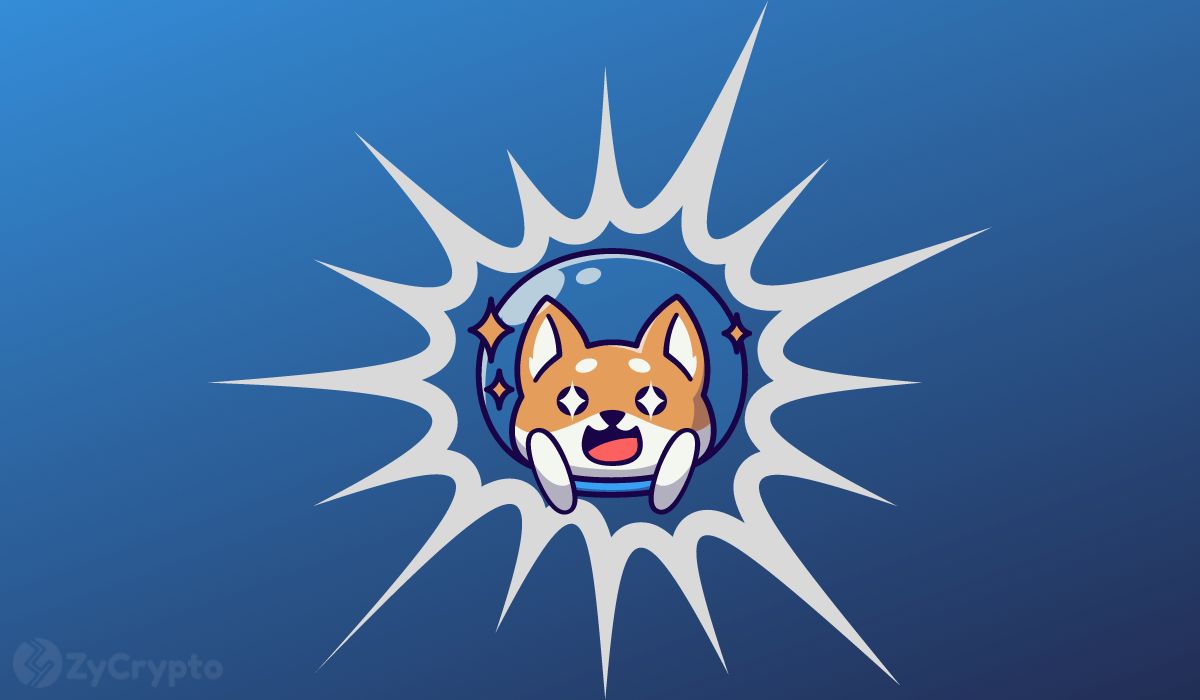The Shibarium team has announced a significant network upgrade to strengthen decentralization, privacy, and censorship resistance within the Shiba Inu ecosystem.
Rate limits will soon be applied to Shibarium’s public Remote Procedure Call (RPC) endpoints, marking a pivotal step toward a more resilient infrastructure.
According to a statement shared by the official Shiba Inu engineering team, the upcoming changes are not intended to restrict access but to reduce overreliance on centralized RPC gateways. While these public endpoints are convenient for users to interact with the network, such as querying balances or submitting transactions, they can become bottlenecks and single points of failure if not properly diversified.
“Shibarium is implementing rate limits on public RPC endpoints to promote decentralization,” said John Doe, Engineering Manager at Shibarium. “By encouraging users and developers to run their own nodes, we create a more robust and censorship-resistant infrastructure.”
Shibizens, a popular X account dedicated to Shiba Inu ecosystem updates, echoed the sentiment noting, “This isn’t about restricting access; it’s about building a more robust and truly decentralized ecosystem. Self-hosting a node provides unrestricted access, increased resilience, and enhanced privacy.”
Notably, the new rate limits are designed to encourage dApps, developers, and high-volume users to deploy their own Shibarium nodes. Doing so ensures uninterrupted access to the network and enhances privacy by eliminating the need to route requests through third-party endpoints.
The team emphasized that running a personal note allows users to bypass the limitations of shared infrastructure and contributes to the overall health and decentralization of the network. Community-run nodes distribute access more evenly and reduce the centralization risks that have grown alongside Shibarium’s rapid adoption.
Casual users who interact with Shibarium occasionally are unlikely to be significantly impacted by the change. However, those relying heavily on public RPCs for decentralized application (dApp) functionality or frequent transactions may need to transition to private or third-party solutions. Third-party services like GetBlock and Nownodes offer dedicated Shibarium access, though the development team continues prioritizing community-run infrastructure.
The Shibarium team also promised additional details in the coming weeks, including specific rate limits and step-by-step guides for node deployment.
Notably, this comes even as Shibarium continues to gain traction, recently hitting the 11 million block milestone. The momentum is partially being fueled by growing Shibarium adoption and increased token burns.
